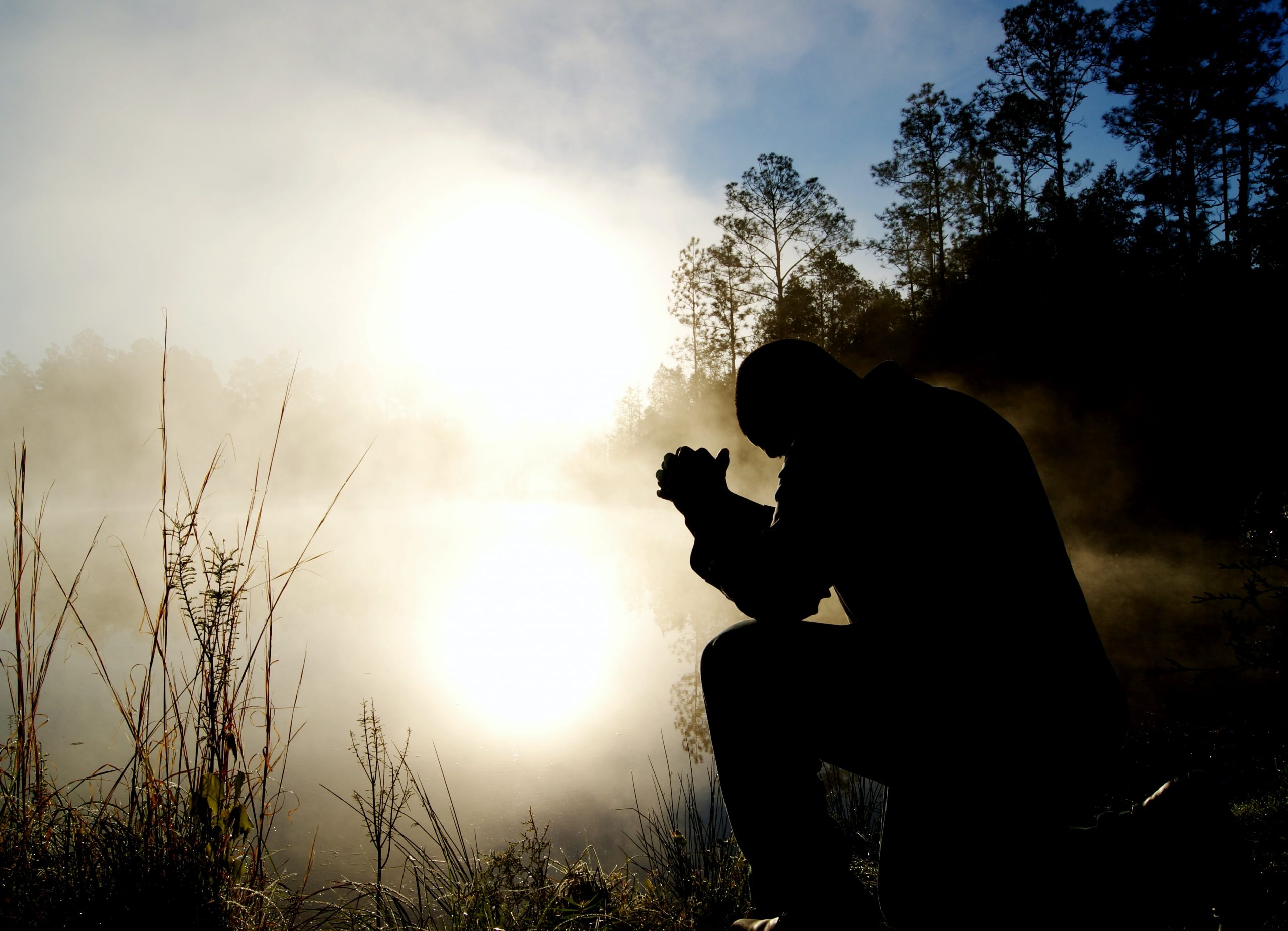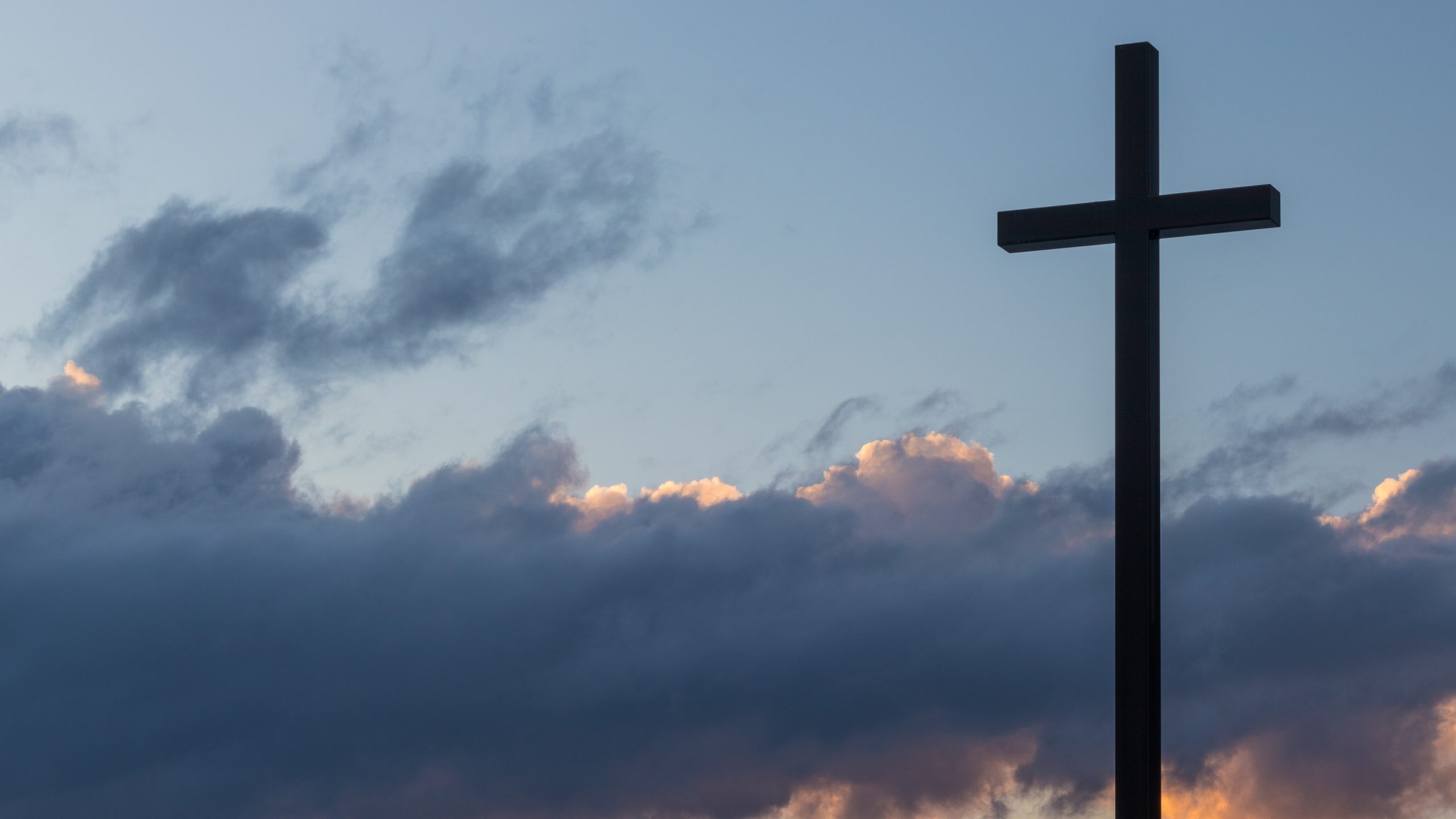When I was a young father, my wife Cathy, and I moved from our settled hometown to our dream counseling graduate program in Denver.
We felt thrilled and in the center of God’s will. However, our then 10-year-old son, Seth, was struggling. His loneliness, isolation, and new school left him adrift. One late night, his pent-up tears and rage poured out: “I hate being here, and I don’t care about God? You did this to me!”
I left his bedroom feeling defeated. My stomach tightened, my heart raced, and beads of sweat formed on my face. I was unable to clearly think what to do next. I felt powerless, angry, and out of control.
Destructive anxiety causes a corrosive impact on our lives in this fallen world. It distorts our view of God—He feels very small, and the object of our anxieties feels very big and overwhelming. Dr. Dan Allender, founder of The Allender Center, states, “All of us fear what we cannot control. Fear [anxiety] is our response to uncertainty about our resources in the face of danger… Fear is provoked when the threat of danger (physical or relational) exposes our inability to preserve what we most deeply cherish.”
Where do we cross the line from a legitimate fear that not only imprisons us but also offends God? Where does that fear drive us? Does it drive us to protect ourselves, or does it drive us to God, our Protector?
Allender says, “The Lord delights in those who fear him, who put their hope in his unfailing love’ (Psalm 147:11). How do we regain a sense of reality when the threats seem so real and the dangers so present? The answer boils down to feel fear. If you avoid your fear, it will turn dark and destructive. Instead, allow it to stalk you without trying to wave it away by reciting pious platitudes or distracting yourself in busyness. Fear faced is a heart exposed. The stronger the fear, the greater the clarity of regarding the object of our fear. Fear clarifies and exposes who (and what) we serve.”
As Cathy and I faced our fear of weakness and powerlessness as parents that year, it allowed God to show me my felt fear was losing our son, and it was keeping from progressively, imperfectly trusting in God’s empowering grace to keep engaging and loving our very wounded boy. In feeling our fear, specifically naming it, and only then casting our anxieties on the Lord (1 Peter 5:7) we found increased real hope and maturity developing in our souls.
Drs. Dan Allender & Tremper Longman, Cry of the Soul: How our emotions reveal our deepest questions about God, NavPress, 1994







